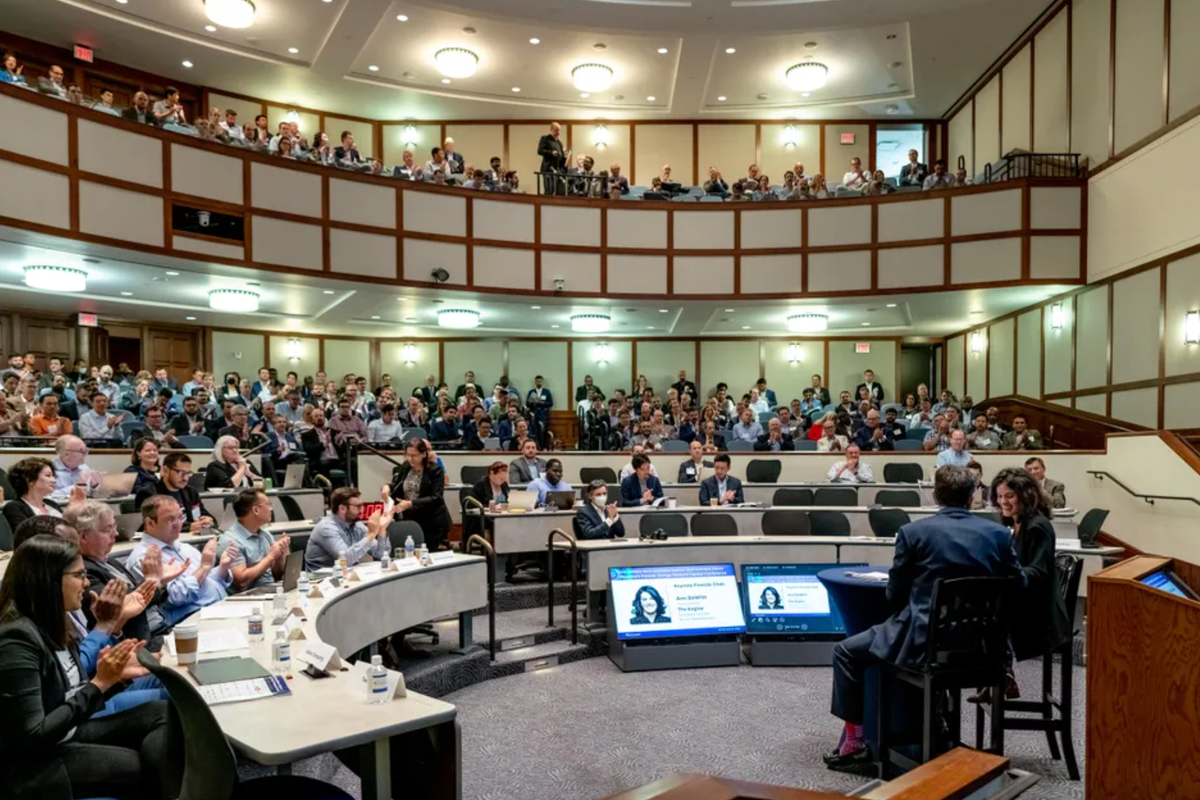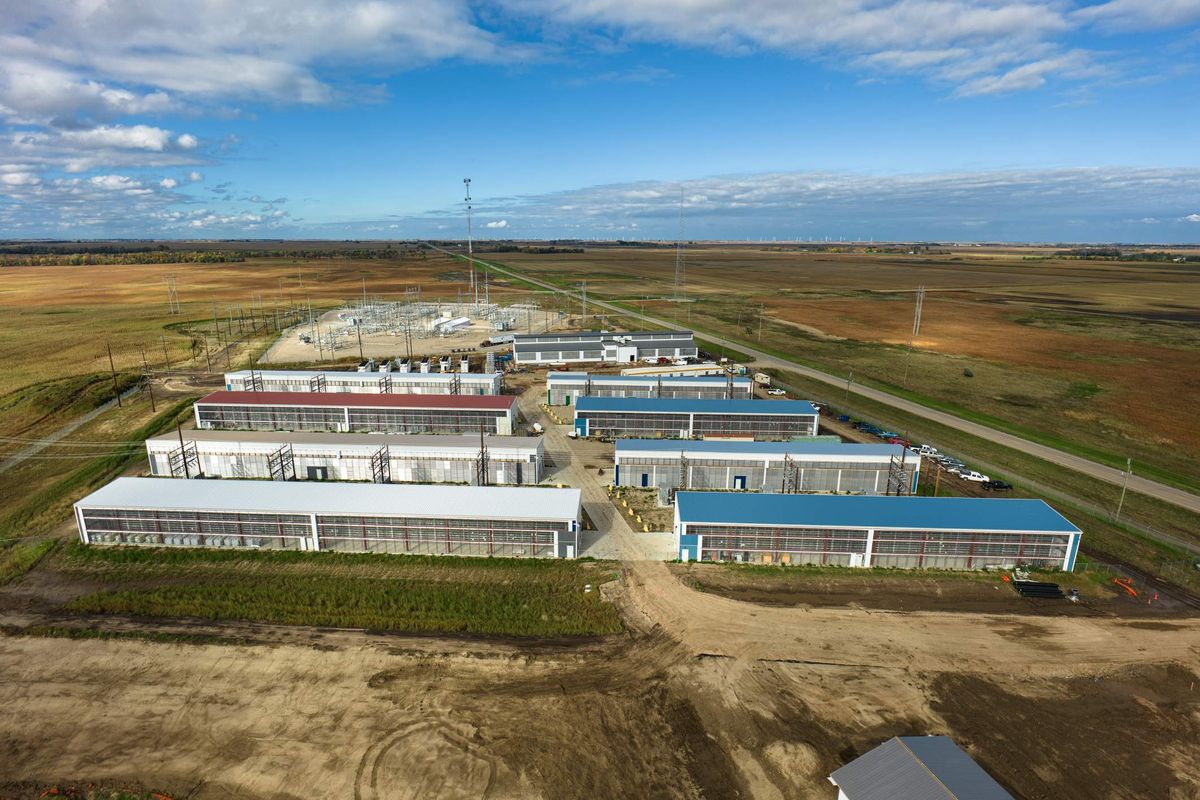Floating solar projects take shape and more energy transition news to know
Trending News
Editor's note: We're looking back at the biggest energy transition stories from the second half of August 2025, from floating solar projects to low-carbon ship fuel and the return of Energy Tech Venture Forum. Here are the five most-read EnergyCapitalHTX stories from August 15-31:
Rice Alliance names participants in 22th annual energy forum

Here are the 100 startups selected to participate in this year's Rice Alliance Energy Tech Venture Forum. Photo by Natalie Harms
The Rice Alliance for Technology and Entrepreneurship has named the 100 energy technology ventures that will convene at the 22nd annual Rice Alliance Energy Tech Venture Forum, as part of the second annual Houston Energy and Climate Startup Week. Half of the startups, which hail from nine countries and 19 states, will pitch during the event, which culminates in the annual recognition of the “Most Promising Companies." Continue reading.
Houston environmental firm makes partnership to deliver low-carbon ship fuel

Houston-based Anew Climate will provide renewable natural gas to Canada-based Seaspan. Photo via seaspan.com
Houston-headquartered environmental services firm Anew Climate and Vancouver-based ship-to-ship marine bunkering of liquified natural gas company Seaspan Energy have entered into a first-of-its-kind strategic agreement to offer the delivery of renewable liquefied natural gas (R-LNG) to customers on the North American West Coast. Continue reading.
Houston energy hub announces first cohort for new accelerator

Energytech Nexus has named its first COPILOT accelerator cohort. Photo via Getty Images.
Energytech Nexus, a Houston-based hub for energy startups, has named its inaugural cohort of 14 companies for the new COPILOT accelerator. The eight-month COPILOT program offers mentorship, training and networking for startups. Program participants will be tasked with developing pilot projects for their innovations. Two Houston startups are members of the first COPILOT class. Continue reading.
Houston companies team up on $700M floating solar projects in Texas

Two Houston companies plan to develop 500 megawatts of floating solar installations in Texas by the end of the decade. Photo via Getty Images.
Diamond Infrastructure Solutions has given Third Pillar Solar exclusive rights to access Diamond’s Texas reservoirs for the possible launch of utility-scale floating solar installations. Both companies are based in the Houston area. The potential investment in the floating solar project exceeds $700 million, and the project is expected to generate up to 500 megawatts of solar energy. Continue reading.
Houston energy firm to develop data center projects in Matagorda County

Two new data center projects are coming to the ERCOT South Zone. Photo via Getty Images.
Houston-based Barrio Energy will develop two new projects for 10-megawatt data center sites in Matagorda County. Located in the ERCOT South Zone, the projects will assist in powering advanced computing operations, modular data centers and cryptocurrency mining. Continue reading.










